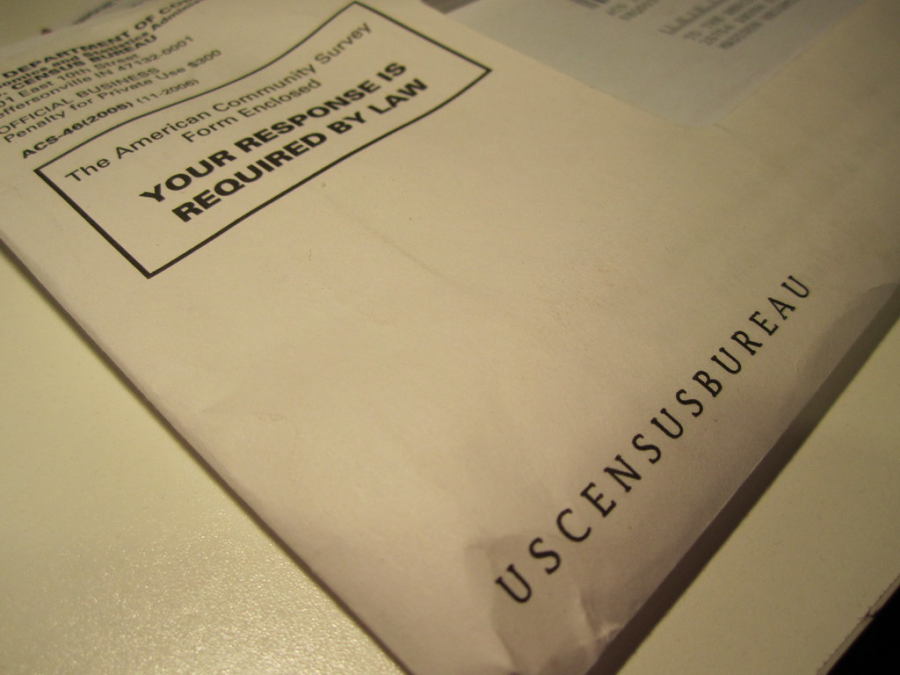US Census Delay Sparks New Situation
COVID-19 disrupts the census process
Stores and restaurants aren’t the only things being closed. Now, even the decennial US Census has been temporarily postponed, due to concerns over the novel coronavirus COVID-19. Like various other organizations, the US Census is suffering from a staff shortage and is stopping for the moment for public health and safety reasons. Closing the US Census may not be the most obvious effect of the coronavirus infection; however, this event may actually have serious consequences, especially since it plays a huge role in determining legislative districts based on the information it collects. This could potentially decide the fate of which political parties control where and which legislation is passed in tandem.
With the coronavirus hitting the US right in the middle of the Census count, new delays have occurred, hampering the process. The bulk of the information for the Census will now be conducted through phone, mail, and online resources to supplant previous methods. The US Census claims that field activities regarding the Census will resume on June 1, 2020 if no more complications arise and staff numbers replenish appropriately. Even though the coronavirus has provided itself as an obstacle to the enormous task of counting more than 300 million people, many advocates for the Census support the delay as necessary in order to get a reliable count. The deadline for the US Census’s count has since been pushed from July to October.
The delayal of the Census is most likely to affect how legislative districts for the House of Representatives and the Senate are drawn. Since these districts are organized every ten years based on demographic reports from the US Census, their reorganization is bound to be delayed as well. This could make the often controversial redistricting process even more complicated, as districts are intended to fairly represent its constituencies. This could result in some primary elections being postponed and special sessions being called to properly complete the work.
Reorganizing the legislative districts and the constituencies they represent serves as a sort of lynchpin for how the Democratic and Republican parties get representatives in Congress. With the US Census adapting to changing demographics in different regions, redrawn districts occasionally end up representing different voters and thus the support for either of the two parties. Depending on how many and which districts lean a particular way on the political spectrum, laws regarding sensitive topics like abortion, firearms, and taxes can change and upset or please many people. Districts occasionally draw fire from lawsuits for not properly representing its constituencies or unfairly favoring one demographic over another, a process known as gerrymandering.
As the coronavirus continues to wreak havoc on organizations around the world, new ramifications may arise considering the profound effect the disease has had on the US as a whole. Only time will be able to tell what the future has in store for the country, and all of our lives.


